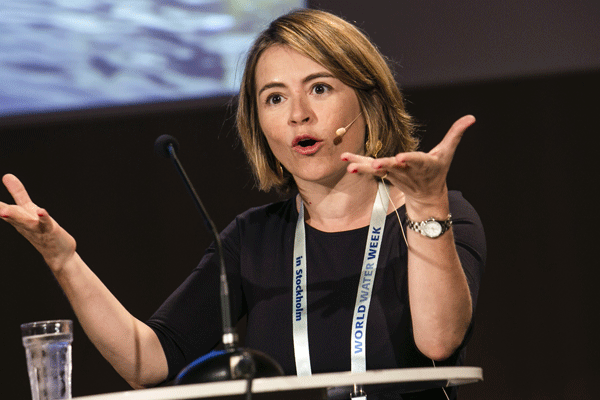
By Marko Phiri
As Zimbabwe records an uptick of coronavirus infections, Unicef has called for accountability in the use of public funds aimed at addressing water, sanitation and hygiene issues.
Health experts advise regular washing of hands as part of measures to deal with what has become a huge global health crisis at a time Zimbabwe’s major cities face crippling water cuts.
“Countries have to make better use of existing funds,” said Guy Hutton, Unicef senior water, sanitation and hygiene advisor, ahead of the Sanitation and Water for All virtual meeting of African Finance ministers on November 4.
“We need better mechanisms and more accountability and Finance ministers provide an opportunity to honestly put these on the table.
Finance minister Mthuli Ncube has struggled to source adequate resources to address coronavirus-related water challenges, with government appealing to the private sector for assistance despite what critics say are millions of taxpayers’ money being lost to corruption.
Sanitation and Water for All CEO Catarina de Albuquerque said accountability of public funds would help channel resources to addressing water and sanitation challenges, with the sector facing an annual US$114 billion deficit.
“There is a lack of political prioritisation of the sector, especially sanitation, which leads to a lack of funding.
- Chamisa under fire over US$120K donation
- Mavhunga puts DeMbare into Chibuku quarterfinals
- Pension funds bet on Cabora Bassa oilfields
- Councils defy govt fire tender directive
Keep Reading
“Then the existing fund is not used in an efficient way,” she said in an interview.
The World Bank estimates that to meet Sustainable Development Goals (SDGs) on achieving universal access to safe water, investments to the sector will require US$114 billion annually.
These remarks come as President Emmerson Mnagagwa has committed Zimbabwe to realising its SDG goals by 2030 despite widespread reports of abuse of public funds in controversial tender awards.










